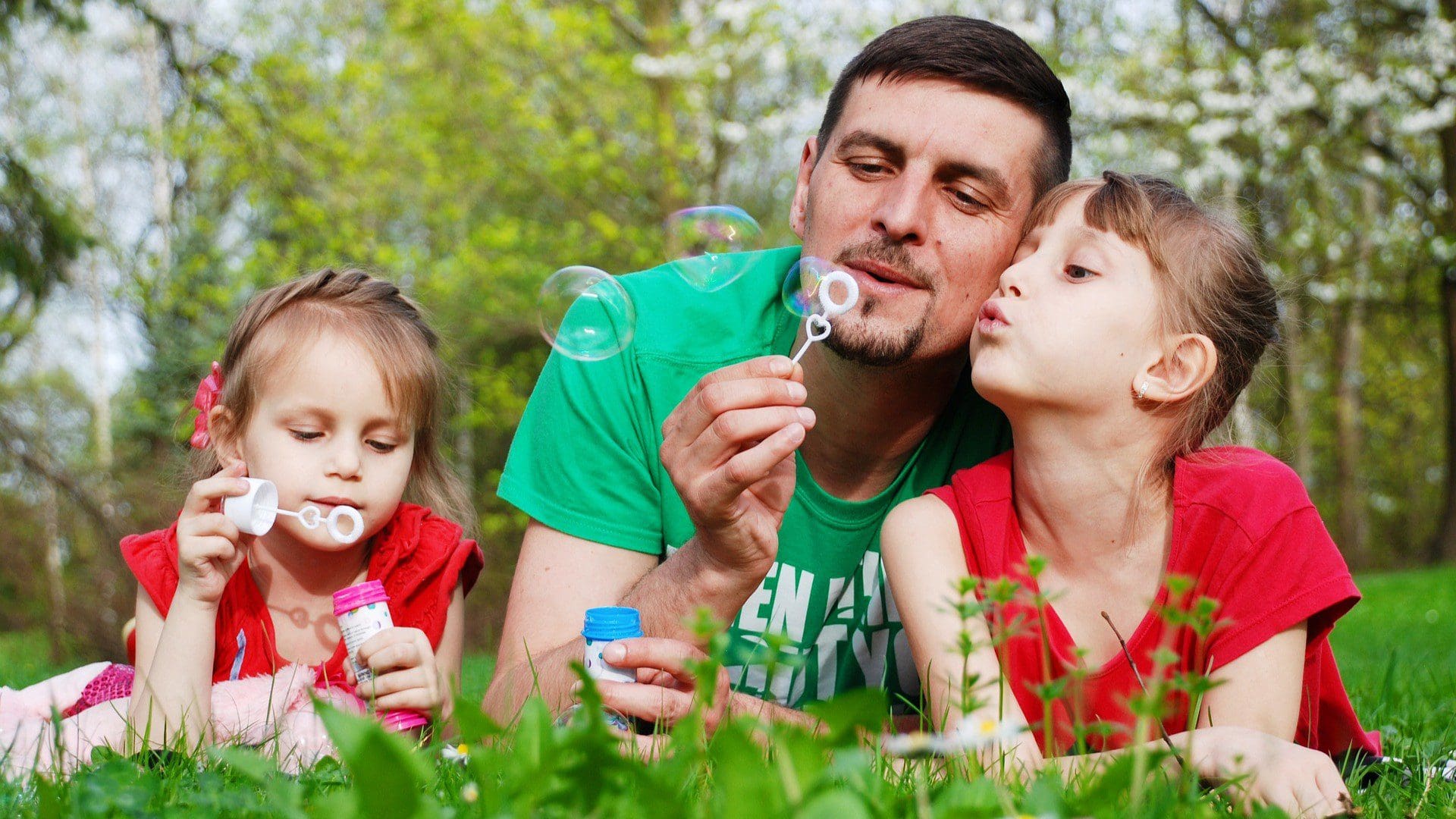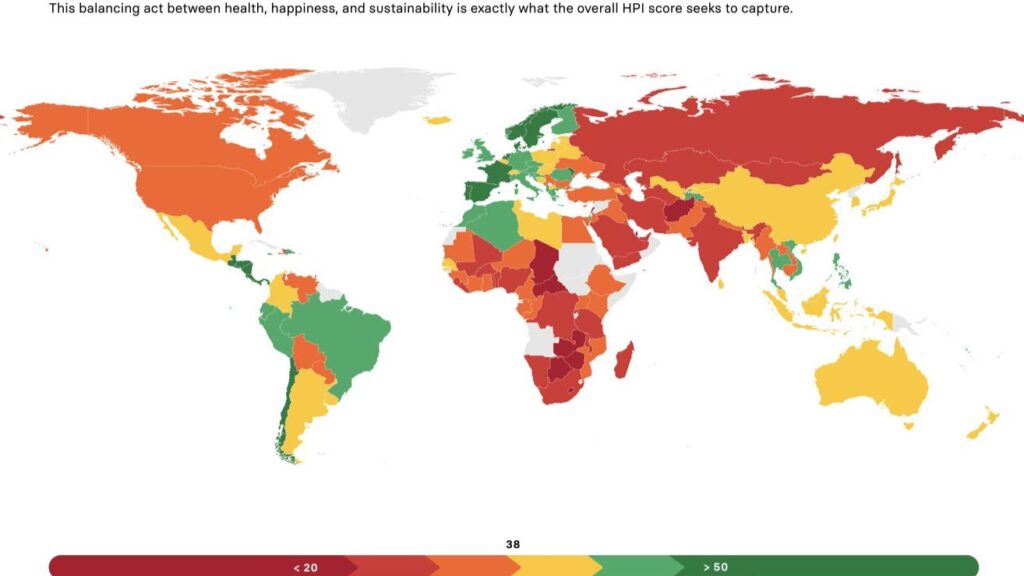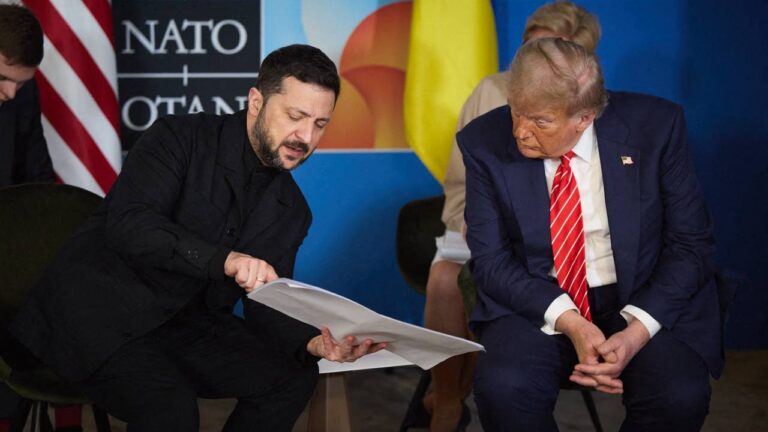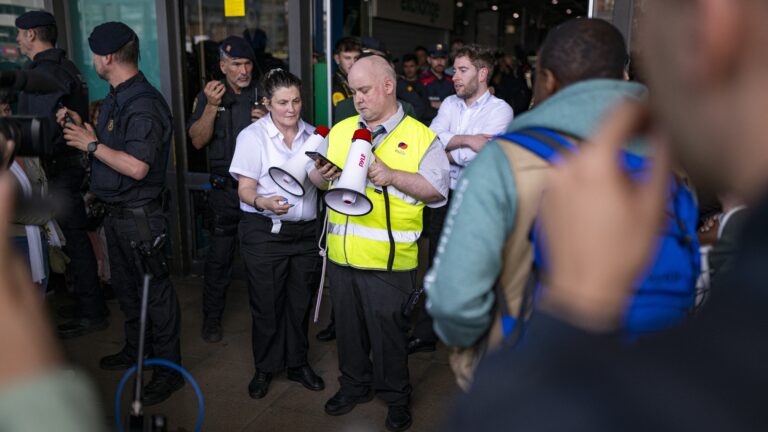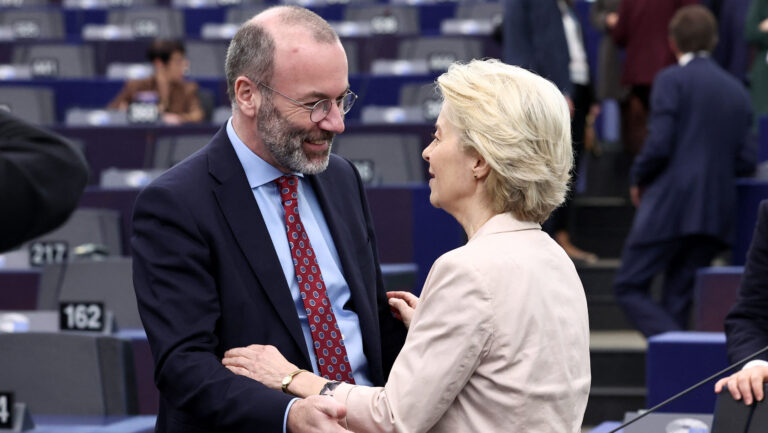The following is a translation of an opinion piece written by journalist Gergely Vágvölgyi, originally published on Mandiner.hu.
Our presence in the everyday life of our families and children is much more important than any other task we have to do.
We often say that the concept of a fatherless society has already become commonplace. Of course, like with any other cliché, the problem with this one is also that it is so true that we cannot solve it just by saying that we have already heard about it.
This is not something we can sweep under the rug, because if we do soon there will be such a large mound in the middle of our living room that is impossible to avoid, and the whole family will fall over it.
Similarly, the statistics, according to which
an average father spends only eight minutes a day with his children
in addition to his compulsory tasks, is repeated till boredom, too—and although I have never seen a reference to this before, I’m afraid that it reflects reality terrifyingly accurately.
That’s all the quality time that is beyond the regular ‘let’s go, we’re late again, where are your shoes’ issues, but which is really spent playing together, chatting, or reading stories—in the worst case scenario, however, eight minutes is not even enough for any of these.
And even though we know this is not right, we keep spinning our wheels, which results in fathers hardly arriving home at bath time in the evening. It’s no use deluding ourselves by saying that all of this is just the result of circumstances, our tasks, our duties, our workplace, and our boss, or by blaming it on shopping and other administrative issues.
In fact, it’s a matter of choice.
Our presence in the everyday life of our family and children is much more important than any other task we have to do. If we upset this order of priority, more pain and suffering will come of it than we might think—and it’s enough to just look around in our wider circle of acquaintances to see how it usually ends. The good news, however, is that the people who caused the actual problem can solve it, too: the fathers themselves.
Every morning I am shocked to see the fathers who consider it self-evident that taking their children to kindergarten, changing their clothes, and taking care of them is the responsibility of the mother alone. While waiting in the car outside, they are just doodling on their phone with the engine running—what does environmental responsibility mean to them, after all… And when seeing all this, I just don’t understand why they don’t feel the need to be more present in their children’s lives. A father’s task is much more than just providing branded cars in which they can take their child to kindergarten every day.
Last week, however, quite a few of us fathers gathered in our local kindergarten to prepare a surprise for Mother’s Day together with our children. Of course, we posed quite a challenge to the endlessly patient kindergarten teachers with our fumbling, which can hardly be called ‘handicrafts’, but the experience we shared with our children was a uniquely wonderful experience.
And although nothing extraordinary happened except for sitting next to each other and exchanging glances, we all knew that our joint effort would give Mom a smile of joy. While we fathers were trying to recall our old memories about the use of the glue gun, our children enthusiastically cut up heart-shaped stickers for the greeting cards.
The thing is, we don’t have to think big.
It is enough to pay more attention to small things, such as eating together as a family as often as possible and giving space to each other to talk and recognise that, for example, we do belong to the family table.
In the past fourteen months, much has been said about peace and its importance. If we want peace around us, if we want peace in the world, and if we want to improve our common destiny, even just a little bit, then we have to play more with our children. I cannot imagine a more excellent medicine than that.
Related articles:
Click here to read the original article.

